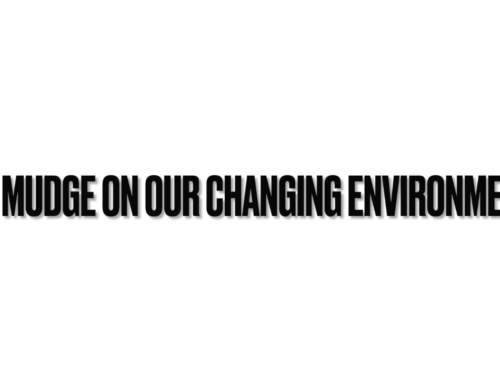Enjoyed my presentation at the High Tech Conference at Lone Star CC on Friday. I gave my “Dozen Surprises about the Future of Work” talk, but from a different perspective. I typically aim the implications at organizations and how they can prepare. But this time I took the perspective of the individual students and workers: what can the individual do to prepare for the surprises?
The key theme is a shift in responsibility for managing one’s careers from organizations to the individual. Organizations are off-loading as much as they can, perhaps the key example being training. Individuals are increasingly expected to arrive with the requisite skills. Elaborate training programs are increasingly rare–organizations realize the workers are going to shift jobs many times, thus why train someone who is likely to leave? Similarly, they are looking for ways to reduce their costs. So, individuals must find ways to develop required skills on their own.
Dan Pink raised he idea of the “free agent” years ago and it’s a good metaphor. Professional athletes must come to their teams with the necessary skills to survive. They do, of course, then get the benefit of coaching. Similarly, workers who have the skills and get hired will benefit from coaching and experience at each of their jobs. The key will be how to leverage what they learn into the next job. It’s important to have one eye on the next job or career turn, making sure to be developing what will be needed for that.
This isn’t easy. Most individuals are already pretty busy people and trying to develop new skills while maintaining a current heavy workload is challenging to say the least. The whole idea of managing one’s career, in effect being one’s own “agent,” is new territory for most.
The emerging world of work is going to be characterized by a lot more uncertainty–and most of us don’t like uncertainty. Multiple careers, re-skilling, and the move towards project work, and a more entrepreneurial approach to getting paid, involves much greater uncertainty than the old lifetime employment model. It presents a greater opportunity for flexibility in managing one’s work life and life, but also a greater ability to manage it and the ability to deal with periods of uncertainty. I think of my own current situation, in which I work half-time at the university, which provides a guaranteed source of income, albeit not a great deal of money, and half-time in consulting, workshopping, and speaking, which provides greater money, but a much more irregular stream of income. I think this type of arrangement will be increasingly common, given the dozen surprises about the future of work. Andy Hines





